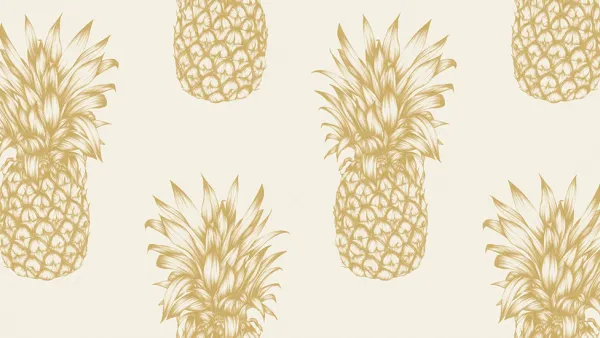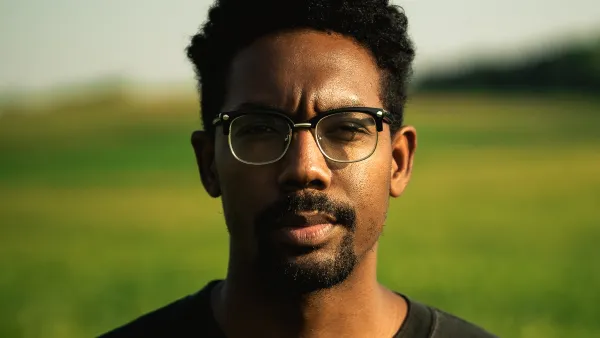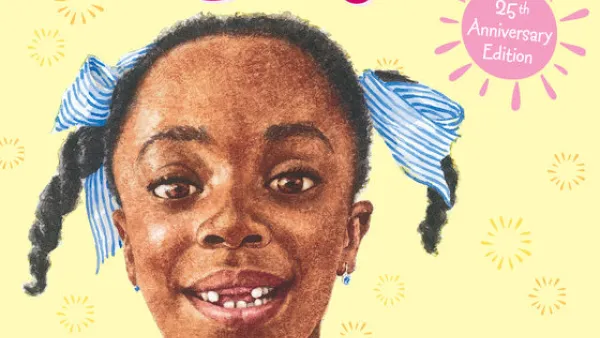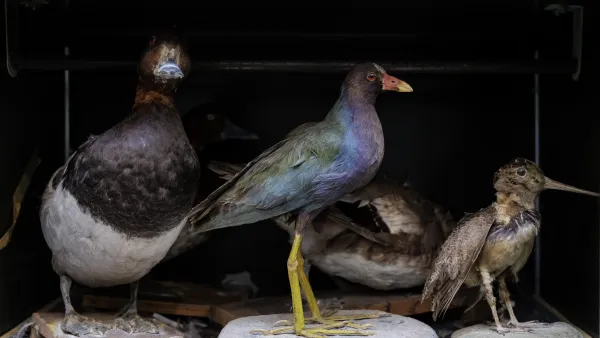Literary and urban scholar Jason Finch will be in residence at the Center for the Humanities in the fall 2022 semester, beginning in mid September. Finch, an associate professor of English language and literature at Åbo Akademi University (Finland), will be on the ground — and in the archives — to explore the literature and cultural and physical history of St. Louis in the period 1877 to 1927 and to make connections with scholars expert on the city and wider region. Read on for a short interview about Finch’s professional and personal interests. Recommendations for live music clubs welcome!
[Find contact information for Jason Finch on his humanities center listing.]
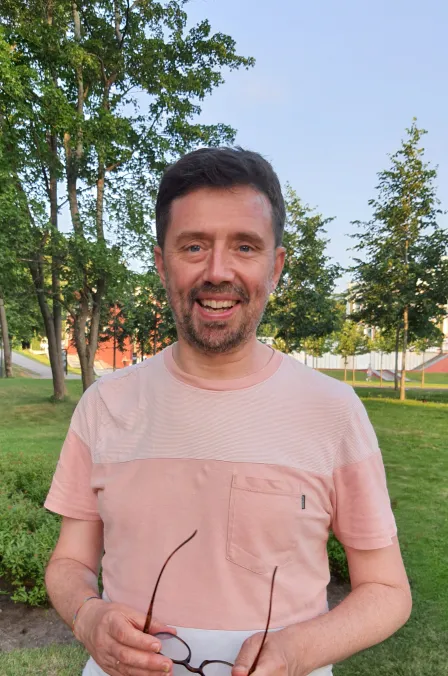
Tell us a little bit about you: Where are you from? Or, where do you now call home? What do you enjoy outside of your research?
I’m a Londoner originally. I took bachelor’s and master’s degrees at the Universities of Birmingham and Oxford, then, after a few years’ work in various areas (including some time as an editor on the revision of the Oxford English Dictionary), moved to Estonia in 2002 to teach English. In 2005 I moved to Finland to take up a place in a PhD program. My 2011 PhD thesis in English language and literature at Åbo Akademi University (where I still work) was titled “E.M. Forster and English Place: A Literary Topography.”
I’ve been living in Turku, Finland, since 2005. Åbo is the Swedish-language name of Turku – Åbo Akademi University is a Swedish-language university because Finland has two official languages, Finnish and Swedish, so higher education in Swedish is guaranteed to the country’s Swedish-speaking minority. I’ve become proficient in Swedish but I’m still not very advanced in Finnish.
Outside of research I love running, volunteering and listening to music. I’m hoping to join a runners’ group in St. Louis. I’m not very fast but I’ve completed several half marathons and I’m excited to see that there’s one for me to aim at in St. Louis, in early November! Since 2015, I’ve been volunteering leading nature walks, art groups, language lessons and other activities with asylum seekers from many different countries who are living temporarily at Red Cross Finland’s reception center in Turku. I would really love to get involved with some sort of volunteering with refugees in the St. Louis area while I am over there, so any pointers or suggestions will be gratefully received. Also, as a music lover my great interests are jazz, soul and blues. One of the reasons why I’m drawn to the central area between Chicago to the north and New Orleans to the south has to do with this! Hopefully there will be live music to take in while I am there.
Finally, I’m married with two teenagers (daughters aged 16 and 18). I’ll be alone for most of my research visit but hope that my family can come over for a short holiday in late October.
What brings you to St. Louis? What do you plan to work on while you’re here?
I’m coming to St. Louis as a visiting scholar in the Center for the Humanities. I got interested in the Divided City initiative as long ago as 2018, when I had finished my book Deep Locational Criticism: Imaginative Place in Literary Research and Teaching (2016) and was looking to deepen my interdisciplinary urban humanities interests, and also my long-standing fascination with the urban cultures of the USA, while I had always been trained as a scholar of British literature (emphasizing historical and geographical contextualization in my PhD work on British modernist writer E.M. Forster, for instance).
I’m a literary scholar whose interests revolve around space, place and literature, particularly in cities and urban regions. Last year I published an introductory book called Literary Urban Studies and How to Practice It with Routledge, for example. My project has to do with the literature of St. Louis, its regions and longer-range connections (including transnational ones) in the period 1877 and 1927. This period, contemporary with that of late Victorian, Edwardian and modernist writing in Britain, was a period when St. Louis (including other parts of what is now its metropolitan area beyond the independent city) was a prominent and rapidly developing city with a vibrant and highly contested cultural scene. In relation to this geographical and historical zone, I’m interested in infrastructure (including water and rail transport) and materialities such as those of newspaper and book publishing. The idea of urbanity as fragile and often under threat or evolving into something new interests me a lot. I’ll be searching through the various libraries and archives of the area while I’m based at WashU, primarily establishing a set of case studies that would be used in a book proposal that I’ll write when I am back in Finland. I’ll also draft one article for an American studies journal while I’m there.
Which disciplines at Washington University do you see your work overlapping with?
I am keen to build contacts with scholars in American and African American literature and studies. I am currently finishing up special issues of the Journal of Urban History and Urban Studies, and it’s vital to me to make connections in these two fields. As an urbanist from a literary studies background I have a great interest in matters like housing (the topic of my 2012-15 postdoc with the Academy of Finland on the literature of the London slum from 1820 to 1960) and transport (the topic of the research project “Public Transport as Public Space in European Cities: Narrating, Experiencing, Contesting,” or PUTSPACE for short – I’ve been one of the leaders of since 2019).
What experiences are you looking forward to in your temporary new home in St. Louis and at Washington University?
I’m looking forward to running in Forest Park and elsewhere, and going to see live music. I’m also mad about the architecture and urban spaces of the period 1850 to 1950, and St. Louis has been a place that’s fascinated me for a while, especially since shorter visits in 2017 and 2018. I am curious about places like Tower Grove Park and the city’s amazing water towers. I’ll also be venturing a bit further afield, seeking a more thorough comparative perspective on St. Louis in relation to other cities in different directions from it, although I’ll aim to spend most of my free time in St. Louis rather than elsewhere!
At Washington University I really can’t wait to engage with different communities of scholars and presenting my work in a few different environments, I hope. I’ve also got positive expectations that the autumn will be picturesque.
